USGS and IAN collaborate to report on ecological drought
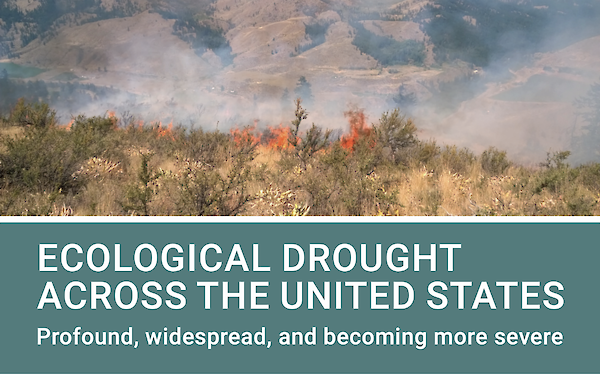
Washington, D.C., USA. In 2015, the Integration and Application Network kicked off a national-scale effort with the USGS Climate Adaptation Science Center to synthesize the impacts of of ecological drought across the country. Regional workshops were held at each of the eight regional Climate Adaptation Science Centers, as well as a two-workshop series to highlight the unique vulnerability of islands to drought. In addition, IAN staff collaborated with researchers from NC State to collect and archive oral histories of drought. Products from the two island workshops, as well as synthesis efforts at the eight regional climate adaptation science centers, were highlighted at the 2018 AGU Fall meeting in Washington, D.C. in December, and are now available online.
Western Lake Erie Report Card
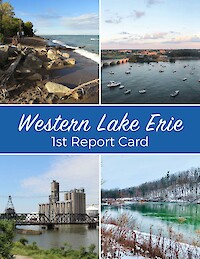
This year, we launched the first-ever report card for the western basin of Lake Erie and its associated watershed. The report is the culmination of nearly two years of work among partners and contributors from Michigan, Ohio, Indiana, and Ontario. Based on 2018 data, the lake received a C and the watershed received a C+.
Fact sheet on nutrient trends in the Chesapeake now available
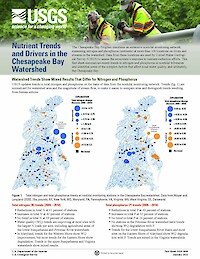
The US Geological Survey and IAN have collaborated to release a one-page fact sheet, Nutrient Trends and Drives in the Chesapeake Bay. The fact sheet quantifies trends and drivers in nutrient loading throughout the Chesapeake Bay Watershed and provides visualizations. This will help high-level managers and policymakers understand the complex processed that drive water quality, informing efforts to have nutrient reduction practices in place by 2025. You can view the full fact sheet here, or check out our short videos (Part 1, Part 2) that explain the main findings.
First-ever Western Lake Erie Report Card now available
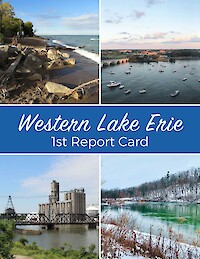
On August 14, IAN launched the first-ever report card for the western basin of Lake Erie and its associated watershed. The report is the culmination of nearly two years of work among partners and contributors from Michigan, Ohio, Indiana, and Ontario. The virtual release event was well-attended and features speeches from Toledo Mayor Wade Kapszukiewicz and U.S. Representative Debbie Dingell. You can view the full report card here.
Farewell, Brianne!
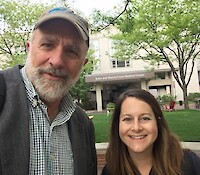
This month, IAN said a very fond farewell to science communicator Brianne Walsh, who worked for IAN for eight years after completing her Master's degree at UMCES. Brianne worked on an impressive array of projects, including the recently published Western Lake Erie Report Card and the national-scale effort synthesizing the impacts of ecological drought at each of the eight regional USGS/DOI Climate Adaptation Science Centers, which can be viewed here. Brianne's next job will take her closer to home in Rochester, New York. Thank you so much for all of your hard work, Brianne. You will be missed, and good luck!
UMCES and USGS kick off a new science synthesis project
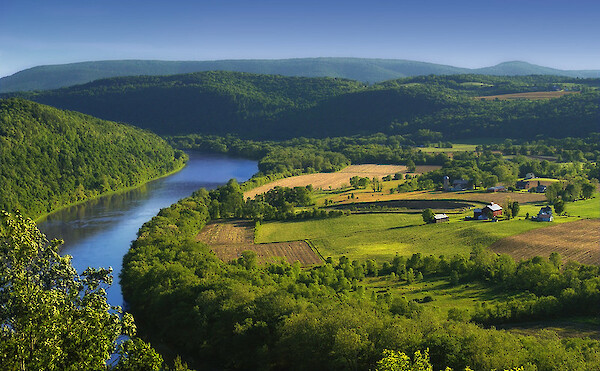
This project aims to translate and synthesize existing USGS scientific research and knowledge to inform conservation and restoration in the Chesapeake Bay watershed and other critical landscapes. Subject matter experts will convene virtually to develop and draft a newsletter summarizing nutrient trends in the Chesapeake Bay watershed. Participants represent UMCES, USGS, and the U.S. EPA Chesapeake Bay Program.
Belmont Biodiversity Newsletter
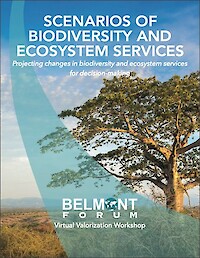
This document summarizes four projects funded by the Belmont Forum's Scenarios of Biodiversity and Ecosystem Services.
Belmont Global Change Newsletter
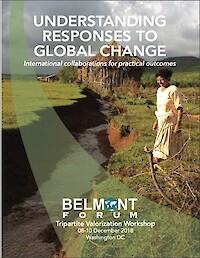
We facilitated a Belmont Forum synthesis workshop covering three groups of projects addressing global change, and produced a summarizing newsletter.
USGS Eco-drought reports
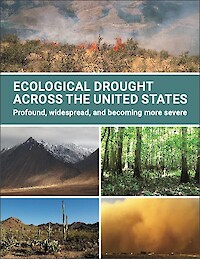
This newsletter summarizes the findings of a three-year synthesis on the current status of drought research across the United States, part of a larger-scale information dissemination project in partnership with the U.S. Geological Survey.